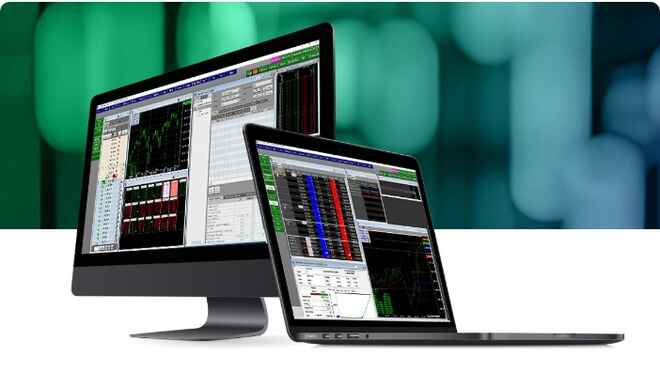What is Scalping?
Scalping the market is a trading technique in which a trader attempts to profit from short-term price changes intra-day. It tends to work best in a choppy market that is not trending in one direction only. Even if the overall trend of that market is up or down, you can benefit from both directions when you scalp. The best markets to scalp are those with the most volatility and narrow trading ranges. The most common markets to scalp are the Indices (e-Mini SP, e-Mini Nasdaq, e-Mini Russell and e-Mini Dow) for the reasons listed above and the point values that make taking one to five-point profits on a scalp beneficial.
Factors to Consider for a Scalping Strategy:
- Discipline: Scalping takes discipline, pattern recognition and the ability to act quickly. Second guessing or holding a position for longer than the chart suggests may result in bigger losses than a scalper normally takes.
- Risk Management: Scalpers tend to risk 1 – 2 points to make 3-4 points executing multiple trades per day.
- Transaction Costs: Since scalpers execute multiple trades per day with a tight risk/reward ratio, the underlying cost to enter the trade (commissions and fees) needs to be factored into the level at which the trade is profitable.
- Leverage: Day trade margins tend to be lower than exchange minimum overnight margins which enables a trader to increase the number of contracts executed per transaction. However, it is still important to keep sufficient funds in the account to cover any intra-day losses and not trigger an intra-day margin call.
- Auto-Trading: Many day traders who like to scalp the market develop software that instantly recognizes a pattern and reacts immediately to the indicators to buy or sell. Auto-trading removes the emotional hurdles required to maintain discipline to follow a defined strategy. If programming an auto-trade system is not in your skillset or if you are committed to watching the market movement, once you are in a trade, it is recommended to immediately place profit objectives and stop loss orders OCO* to protect yourself or work with a platform that provides one click trading from the chart. Call for more information about our RJO Futures PRO platform that has these functions.
Market Makers play an important role in the futures markets as scalpers. Their primary purpose is to add liquidity to the market. The best sign of a liquid market is the range in the bid/ask spread. A tighter bid/ask spread gives scalpers a better opportunity to trade successfully. Market making occurs when a scalper tries to take advantage of the spread by posting a bid and an offer on a contract. This is generally thought of as the most difficult strategy to execute successfully due to the small possibility for gain and large possibility for loss.
The most important element in scalp trading (or trading in general) is to develop your own rules, follow those rules, and good money management. If the market conditions on any given day do not meet your criteria to scalp the market, the best trade is no trade. Good luck and happy trading!
*O/C/O means order cancels order. So, when one order is filled, the system will automatically cancel the other


